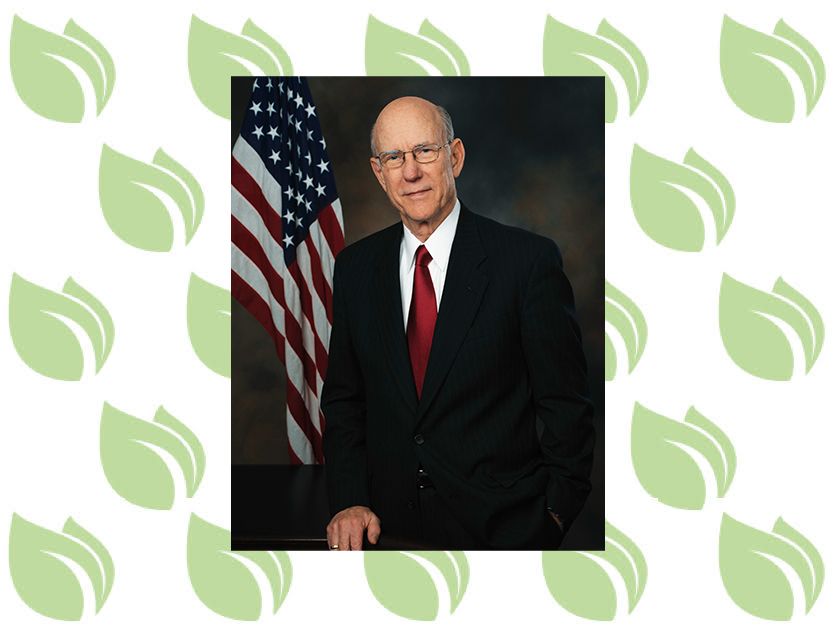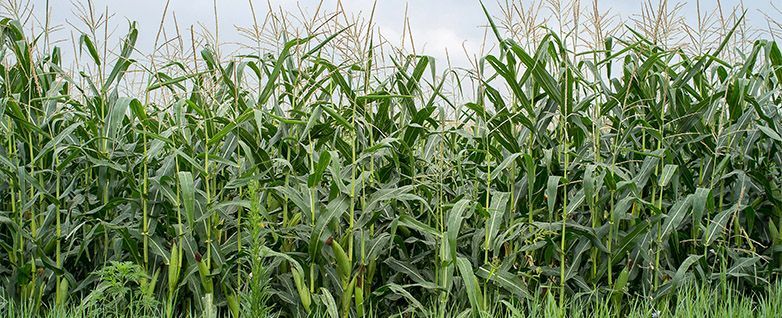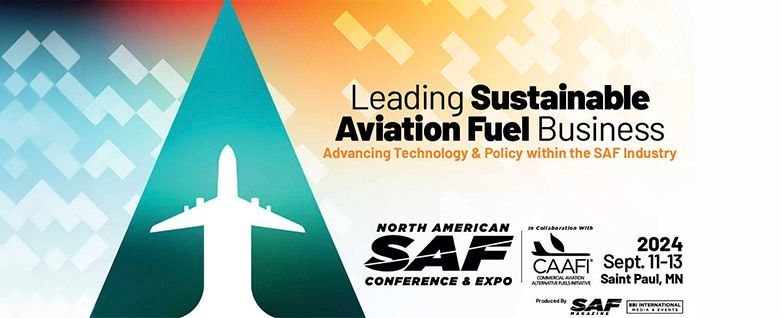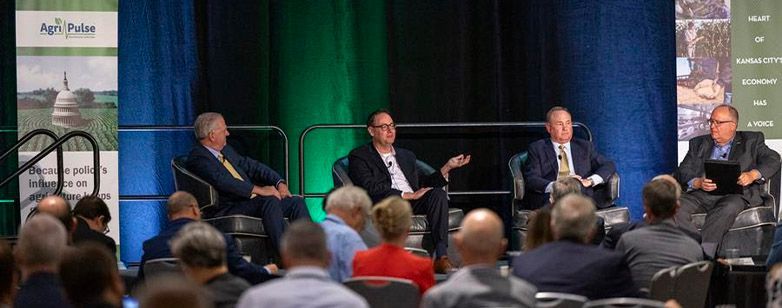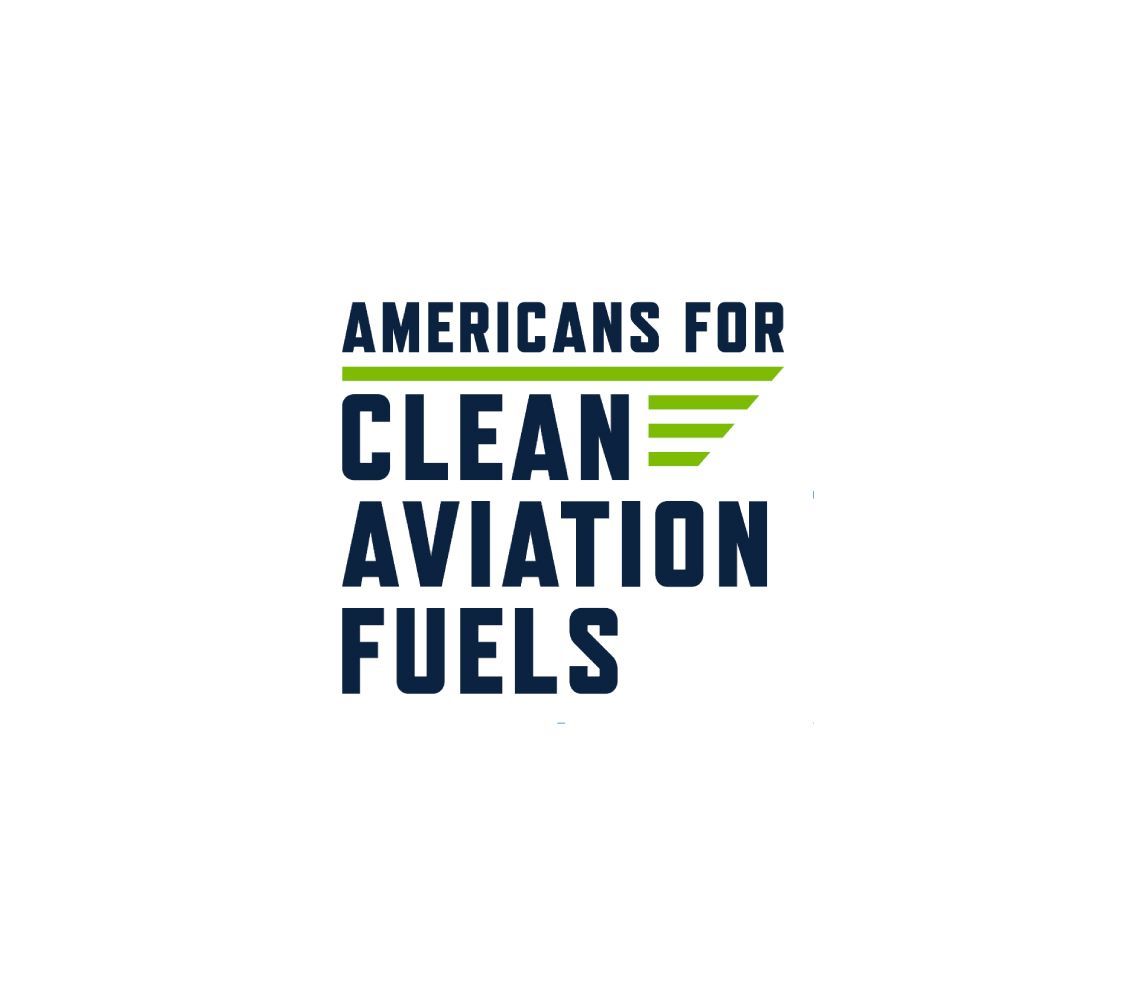What They’re Saying at CERAWeek 2024: ACAF Founding Members Call for Smart Policy Framework to Reduce Carbon Emissions, Highlight Economic Benefits of SAF
What They’re Saying at CERAWeek 2024:
ACAF Founding Members Call for Smart Policy Framework to Reduce Carbon Emissions, Highlight Economic Benefits of SAF
HOUSTON — Founding members of Americans for Clean Aviation Fuels (ACAF) ExxonMobil, Growth Energy, and Delta Air Lines recently returned from CERAWeek in Houston, Texas where they discussed the need for policies to reduce carbon emissions – including scaling the production of sustainable aviation fuel (SAF).
Creating a robust market for SAF will not only support airlines’ sustainability goals, but it will support the creation of high-quality jobs in farming, manufacturing and construction across the country and promote domestic energy independence and economic development for years to come.
CERAWeek, a global convening of energy industry leaders, policymakers and experts, gathered to share learnings, plans and perspectives on the current state of global energy markets and policy pertaining to energy security and sustainable energy policy – including scaling the domestic SAF market.
Speakers from founding members of ACAF, a national coalition of industry leaders from the aviation, energy and agricultural sectors, included ExxonMobil’s Chief Executive Officer Darren Woods, Growth Energy’s Chief Executive Officer Emily Skor and Delta Air Lines’ Managing Director of State and Local Government Affairs Patricia Ornst, participated in dialogue throughout the week on the strategies needed to shape and transition the world of energy policy today.
WHAT THEY’RE SAYING
Darren Woods, CEO, ExxonMobil: “Ultimately, the world needs to decarbonize…we need to do more to reduce emissions, and I think the IRA is a good step towards that.”
"There are
no markets that are driving climate emission reductions without government policy and support.”
Emily Skor, CEO, Growth Energy:
“Through the Inflation Reduction Act (IRA) we can monetize the value of low-carbon farming and we can pay a premium for that low-carbon corn
because of the tax credits provided for in the IRA [IRA’s 40B sustainable aviation fuel credit and 45Z clean fuel production credit].”
“Washington has to send a signal and give us the guidance on the tax code that says ‘we will give you credit for everything you do on the farm’…we’ve got to make sure the modeling of carbon intensity allows bioethanol to be competitive.”
Patricia Ornst, Managing Director of State and Local Government Affairs, Delta Air Lines: “The future of SAF creates an incredible opportunity for the United States. With around 90 percent of our carbon emissions coming from fuel, SAF is the most important lever we have to decarbonize aviation…it’s also a significant economic boost for the country’s clean energy economy, while
creating jobs and
supporting our farmers.”
“We are
committed to working with states to advance SAF development, which in return, supports individual state climate initiatives and a more sustainable future for all.”
###
Media Contact:
Mickey Sundermann
About Americans for Clean Aviation Fuels (ACAF)
ACAF is a dynamic coalition of industry leaders from the aviation, manufacturers, energy, and agriculture sectors, united in their mission to advance the production and adoption of clean aviation fuels. Committed to driving economic growth, reducing emissions, and bolstering national security, ACAF represents a pivotal force in propelling sustainable aviation practices in the U.S. while creating good-paying jobs. For more information about ACAF and to see a list of founding members, please visit www.americansforcleanaviationfuels.com


